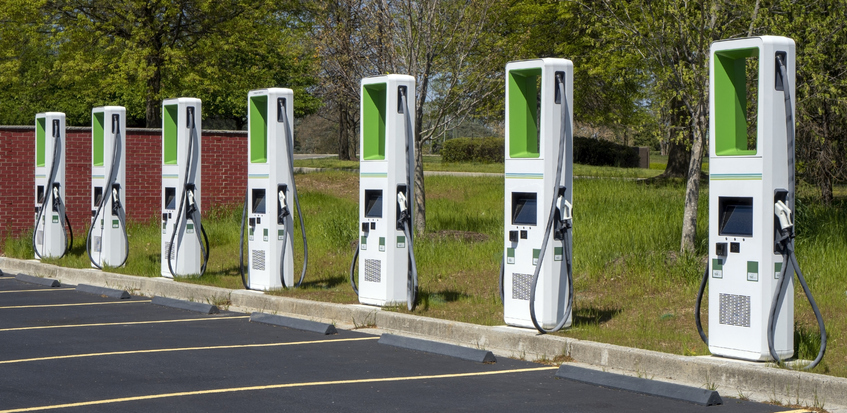With the charging of electric vehicles to become increasingly common place, Tom Maple, has taken a look at the relevant issues pertaining to the supply of electricity to end users by dealerships and when a licence to supply might be required.
It is fair to say that when the legislation that governs this issue was put in place it didn’t contemplate electric vehicles. Indeed, save for Maggie Philbin showcasing the future of motorcars on Tomorrow’s World, and Michael Knight driving an automated Pontiac Firebird Trans Am, the rest of the world wasn’t preparing for electric vehicles in 1989. Hence, the 1989 Electricity Act doesn’t cater for EV’s, rather it refers to the supply of Electricity to “Premises” not moving vehicles.
Legislation to cover this issue is required. In the meantime, however, the position has been clarified by Ofgem Guidance. One assumes that in the event of a dispute that the Guidance would be persuasive, but, bottom line, it is not legislation.
The Guidance
The focus of Ofgem’s Guidance is whether supplying electricity for the purpose of charging EVs would be considered ‘supply’ for the purposes of the Electricity Act 1989.
In summary, Ofgem’s view is that:
- an EV is not premises for the purposes of the Act and so chargepoint operators would not be required to hold a licence for selling electricity to charge EVs (there are certain rules which may affect the price that they can sell it at); and
- chargepoints are premises for the purposes of the Act and so retailers supplying electricity to chargepoints owned by third parties will be required to hold a supply licence unless an exemption applies.
Impact on Retailers
The key issue for retailers to determine is who is operating the chargepoint.
Scenario 1:
Retailer receives electricity from an electricity supplier direct into its premises including the chargepoint.
The retailer’s chargepoint then charges up the EV.
In this instance, it appears that the retailer does not need a licence. This is because there is an exemption (1) from the requirement to hold a licence applies where a person only supplies electricity which it has received from a licensed supplier (the “Resale Exemption”).
This will only apply where all electricity supplied to the chargepoint has been sourced from a licensed supplier.
Scenario 2:
Retailer receives electricity from a supplier direct into its premises.
The retailer supplies that electricity to the third party who operates the chargepoint on its site, who then supplies the EV driver.
In this case, the sale of power to the EV user is not Supply. However, the transaction between the retailer and the chargepoint operator would be classified as Supply. Matters get complicated at this juncture, since that supply may be covered by an exemption and therefore it may be that a supply licence is not required.
The rules around the supply exemptions are complex and case specific and would benefit from legal advice. As OFGEM note “Generally speaking, where you buy electricity from a licensed supplier and then resell this from your premises, this could be classed as ‘re-sale’. The exemptions regime provides for a number of ‘classes’ of supply: Class B specifically allows for re-sale.”
Matters are further complicated if the ownership structure of the dealership is not straight-forward. For example, if the owner of the showroom, the forecourt and the chargepoint are different entities or there a various leases over the site there may be various supply relationships.
As above, it is a criminal offence to supply electricity without a licence and therefore care is required, and legal advice recommended, when determining whether you need a license to supply a chargepoint operator and if so, who needs that licence.
- (Schedule 4 of The Electricity (Class Exemptions from the Requirement for a Licence) Order 2001)
- The situation in this case is less straight-forward and is fact specific,

